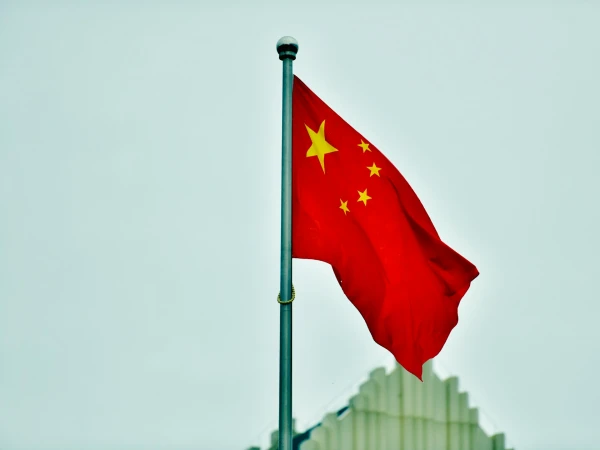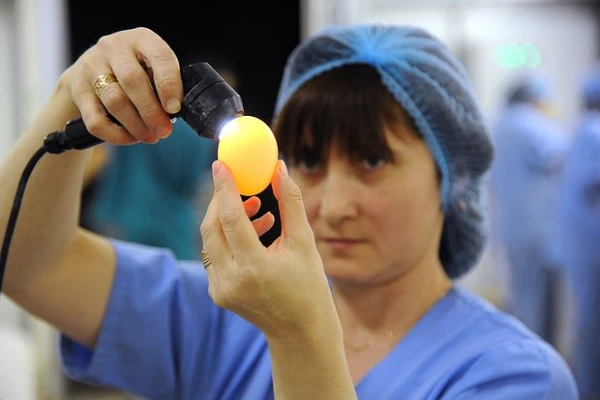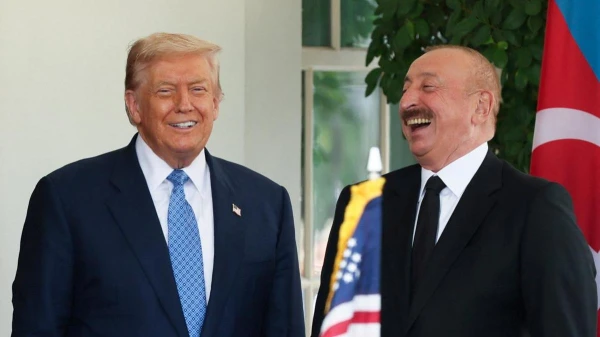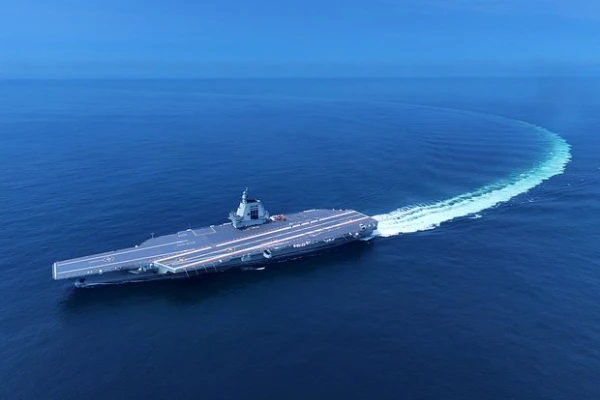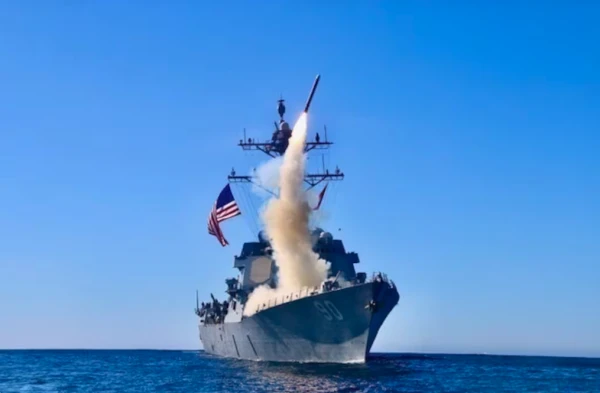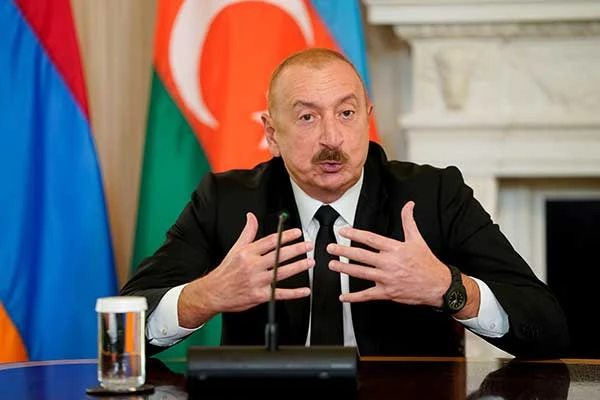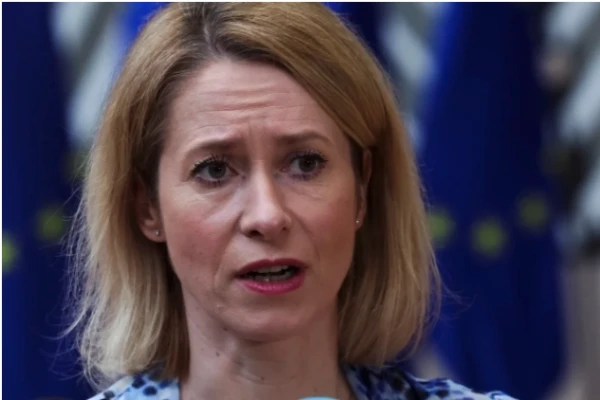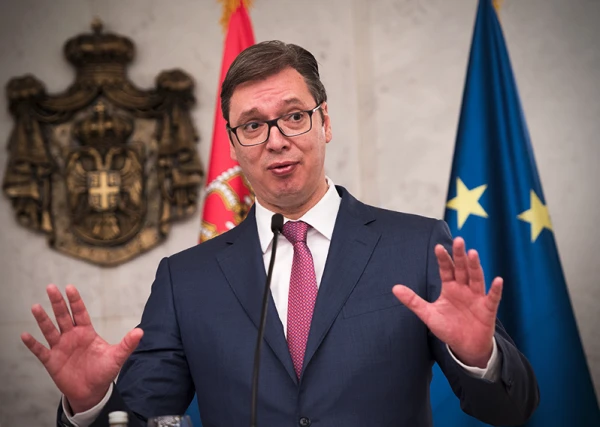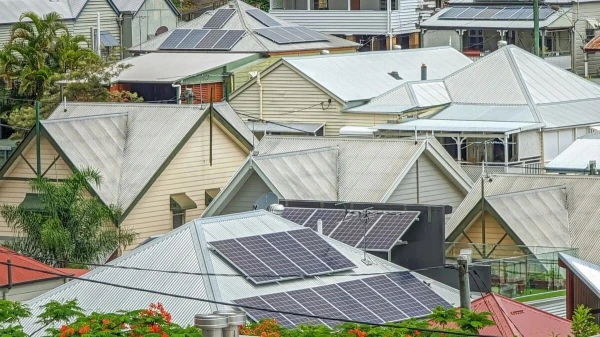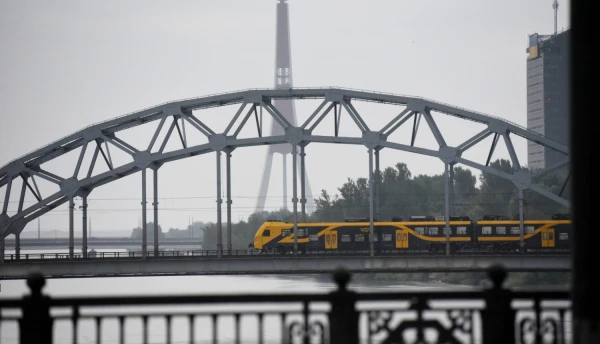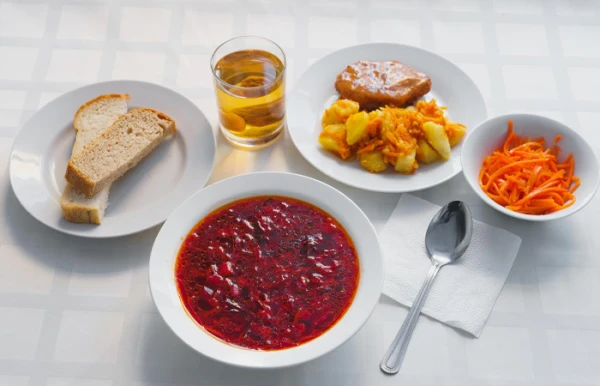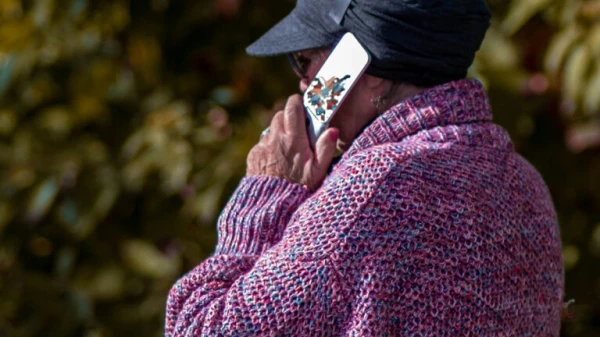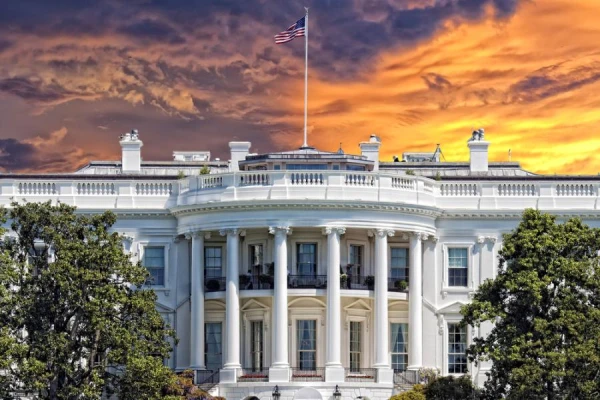
The meeting at the White House took place after Trump managed to temporarily ease tensions in U.S.-China relations regarding the export of rare earth metals, a key point of contention in trade negotiations.
Trump and officials from Kazakhstan, Kyrgyzstan, Tajikistan, Turkmenistan, and Uzbekistan held bilateral meetings in the Oval Office before a working dinner.
Before dining with the leaders, Trump stated: "We are strengthening our economic partnerships, enhancing security cooperation, and expanding our common ties."
"These countries were once part of the ancient Silk Road, connecting East and West," Trump said, noting that "unfortunately, previous American presidents completely ignored this region."
The visits to the White House came after Trump managed to temporarily ease tensions in U.S.-China relations regarding the export of rare earth metals, a key point of contention.
Last month, Beijing expanded restrictions on the export of vital rare earth elements and magnets, and after the talks between Trump and Xi in South Korea last week, announced that China would postpone the introduction of new restrictions for one year.
Now Washington is seeking new ways to bypass China in the crucial mineral market. China accounts for nearly 70% of global rare earth metal production and controls about 90% of global processing.
Strengthening Economic Ties
Secretary of State Marco Rubio welcomed the leaders of Central Asian countries at the State Department on Wednesday to mark the 10th anniversary of the establishment of C5+1 and discuss the potential for expanding these countries' economic ties with the U.S.
"We often spend so much time on crises and problems - and they deserve attention - that sometimes we don't spend enough time on new exciting opportunities," Rubio said.
The meetings at the White House followed a bipartisan group of senators introducing a bill to lift Soviet-era trade restrictions, which some lawmakers believe are hindering American investments in the Central Asian countries that became independent after the collapse of the Soviet Union in 1991.
